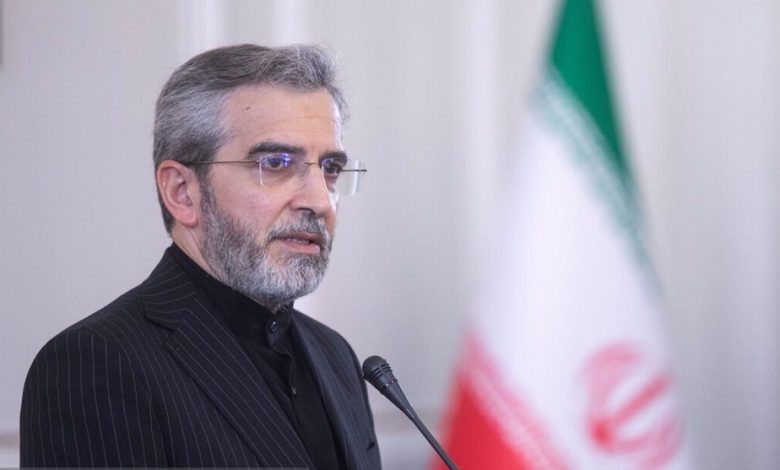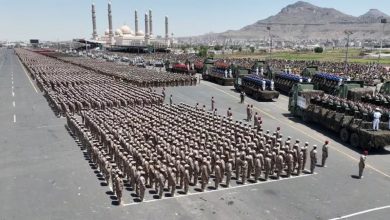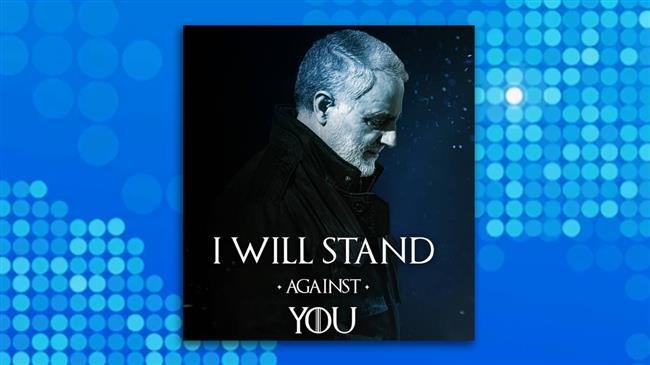IAEA’s non-constructive approach will undoubtedly harm its identity: Iran’s interim FM

Iran has warned that any non-constructive measure by certain member states of the International Atomic Energy Agency (IAEA) will certainly harm the agency’s identity and role.
“The agency is a technical institution and all countries, including the member countries of the Board of Governors, are expected to act based on its technicality,” interim Foreign Minister Ali Bagheri Kani told reporters on the sidelines of the Iranian administration’s weekly cabinet meeting in Tehran on Wednesday.
“The non-constructive approach of some member countries in abusing the agency’s capacity for their political goals will undoubtedly harm the identity and role-playing of the organization,” he added.
On Monday, Britain, France and Germany formally submitted a draft resolution against Iran to the IAEA Board of Governors for it to be voted on later this week. The draft resolution reportedly would require Iran to explain uranium traces found at alleged undeclared sites.
Meanwhile, a group of Iran’s allies have warned against adoption of an anti-Tehran resolution during the ongoing meeting of the Board of Governors of the IAEA in the Austrian capital, Vienna. They say such a miscalculation would have counterproductive repercussions.
Adoption of a resolution against a country which has recently recovered from the tragic passing of its president and foreign minister is out of diplomatic etiquette. Political brinkmanship in light of international efforts to handle Iran’s nuclear case is not constructive, they said in a statement.
The group went on to call upon the Board of Governors to work towards putting Iran’s nuclear issue back on the rails, and encourage further dialogue and constructive cooperation between the IAEA and the Islamic Republic.
The non-constructive and confrontational approach of the authors of the draft resolution against Iran sends a message to the international community that a slender majority is enough to exploit the decision-making process in the Board of Governors, the statement also read.
If the resolution is passed, they warned, it will be another miscalculation that will inevitably lead to confrontation.
Iran and world powers reached a landmark nuclear agreement in 2015, under which Tehran curbed parts of its nuclear program in exchange for the removal of sanctions imposed on the Iranian economy.
Tehran started to suspend some of its obligations under the agreement in 2019, a year after the US government, under Donald Trump, abandoned the deal and reinstated sanctions on Iran.
Iran then agreed to some additional IAEA inspections under the Joint Statement and resolved issues related to one of the three sites and the alleged presence of uranium particles there.




